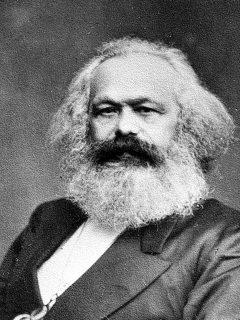
Publication details
Publisher: Palgrave Macmillan
Place: Basingstoke
Year: 2014
Pages: 178-194
ISBN (Hardback): 9781349469383
Full citation:
, ""Man produces universally"", in: (Mis)readings of Marx in continental philosophy, Basingstoke, Palgrave Macmillan, 2014


"Man produces universally"
praxis and production in Agamben and Marx
pp. 178-194
in: Jernej Habjan, Jessica Whyte (eds), (Mis)readings of Marx in continental philosophy, Basingstoke, Palgrave Macmillan, 2014Abstract
In The Kingdom of the Glory, in the midst of outlining what he sees as a specifically Christian account of governing as constant praxis, Giorgio Agamben turns his attention to a text that has preoccupied him for several decades: The Economic and Philosophic Manuscripts of Karl Marx. Beginning with his first book, The Man without Content, Agamben has repeatedly ignored Louis Althusser's suggestion that "Marx's early works do not have to be taken into account" (Althusser, 1971, p. 35) and turned to the Paris Manuscripts in the course of formulating his own accounts of praxis and of history.1 Indeed, references to Marx in Agamben's texts can be found as early as his first published essay, "On the Limits of Violence", in which he defends Marx from the charge that his radical transformation (or Aufhebung) of man and nature relies on a form of historical Darwinism "which configures History as a linear progression of necessary laws, similar to the laws governing the natural world" (Agamben, 2009, p. 106).2 These themes — non-linear history and "human nature" — are ones to which Agamben returns repeatedly in subsequent decades. And again and again, he is drawn to the 1844 Manuscripts, in which he finds an account of praxis as that which "founds the unity of man with nature, of man as natural being and man as human natural being" (Agamben, 1999a, p. 83).
Cited authors
Publication details
Publisher: Palgrave Macmillan
Place: Basingstoke
Year: 2014
Pages: 178-194
ISBN (Hardback): 9781349469383
Full citation:
, ""Man produces universally"", in: (Mis)readings of Marx in continental philosophy, Basingstoke, Palgrave Macmillan, 2014


